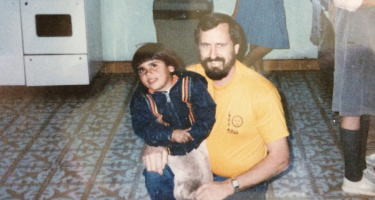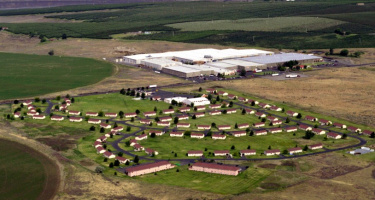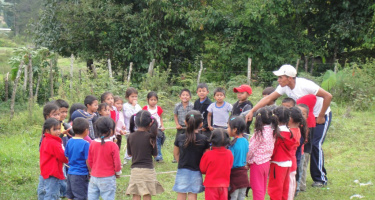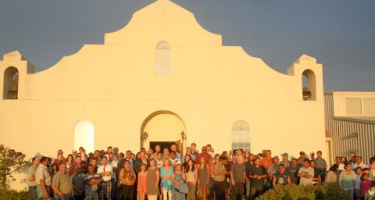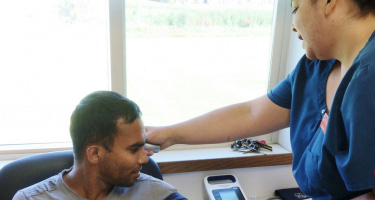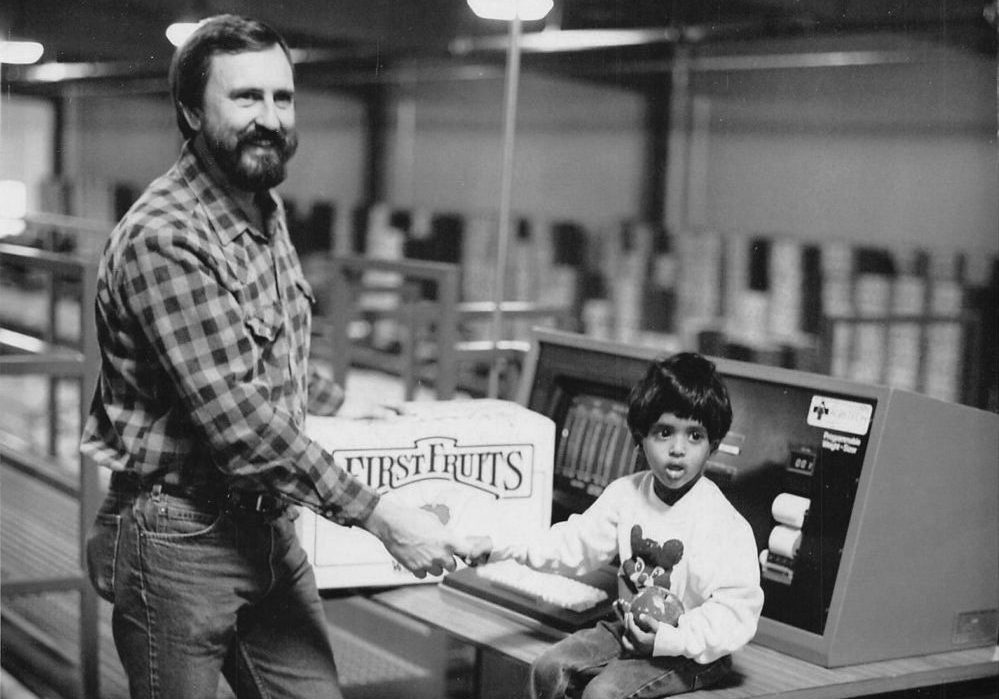
Broetje Orchards established in 1968
Ralph and Cheryl Broetje established Broetje Orchards in 1968, when they first settled onto a small cherry orchard in Benton City, Washington. As a young teenager, Ralph attended a hunger retreat at his church, where a missionary from India talked to them about the suffering of children. This experience planted a dream in Ralph -- that he would one day own an orchard and use the profits to help children in India.
While the work of starting a business was slow in the beginning, and they endured many challenges and tests along the way, people came around them in those early years to help make the dream a reality. Among them was Ralph's Sunday school teacher, who visited him during hard times and reminded him of that original dream.
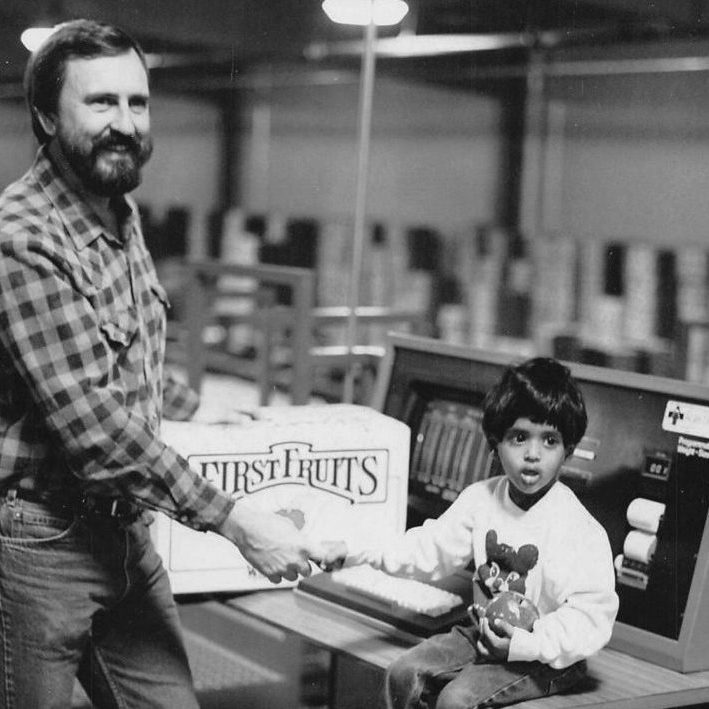
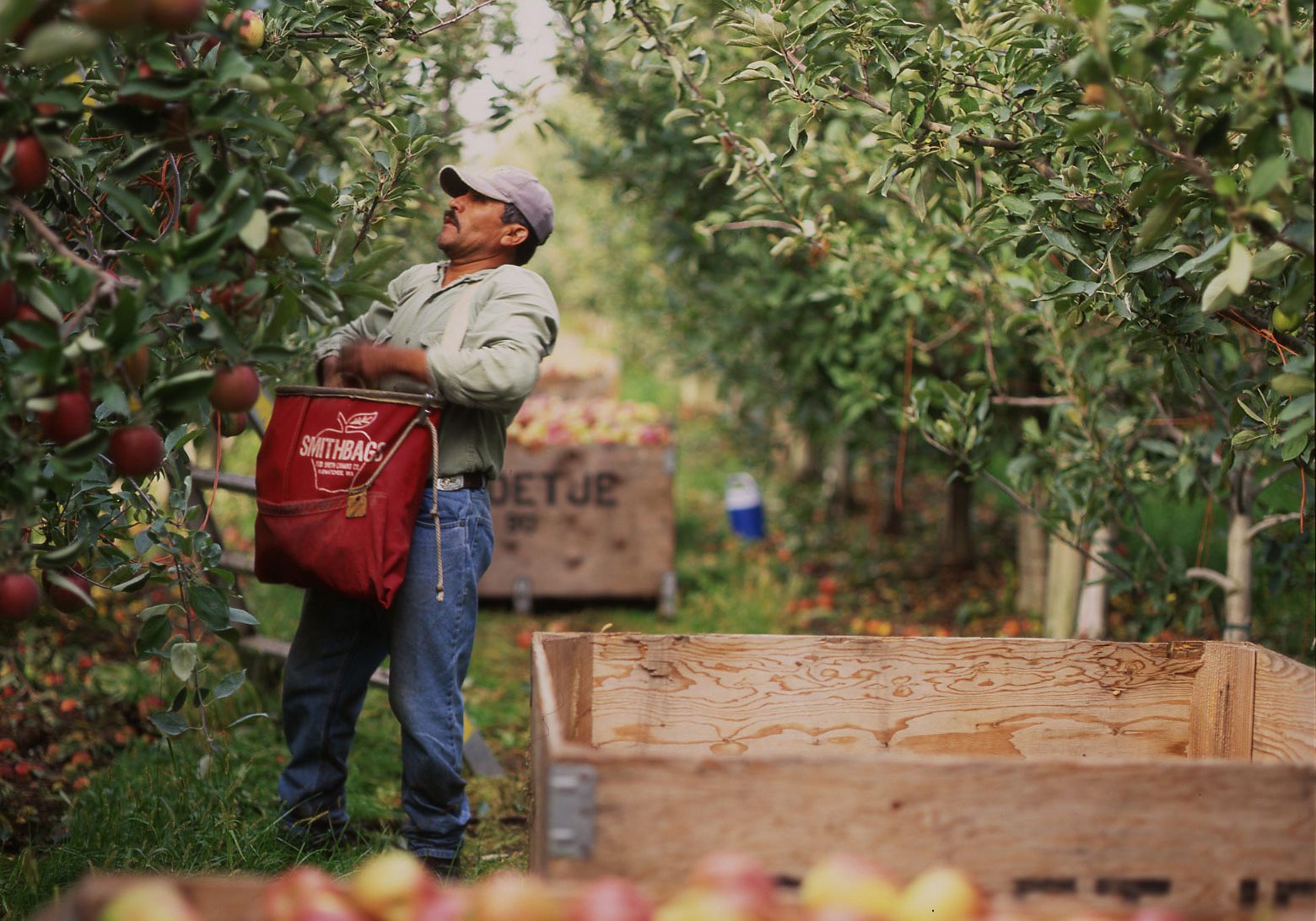
Starting Over
The business expanded quickly in the 1970s. But in 1982, the Broetje family was forced to sell their home and most of their orchards, and to move to Prescott, Washington. It was a time of economic recession in the US, and the related “farm crisis,” which resulted in many farms like ours losing operating loans and the ability to stay in business. It was also a time of shifting labor, as domestic workers slowed their migration and were subsequently replaced by young men from Mexico desperate for work to feed their families.
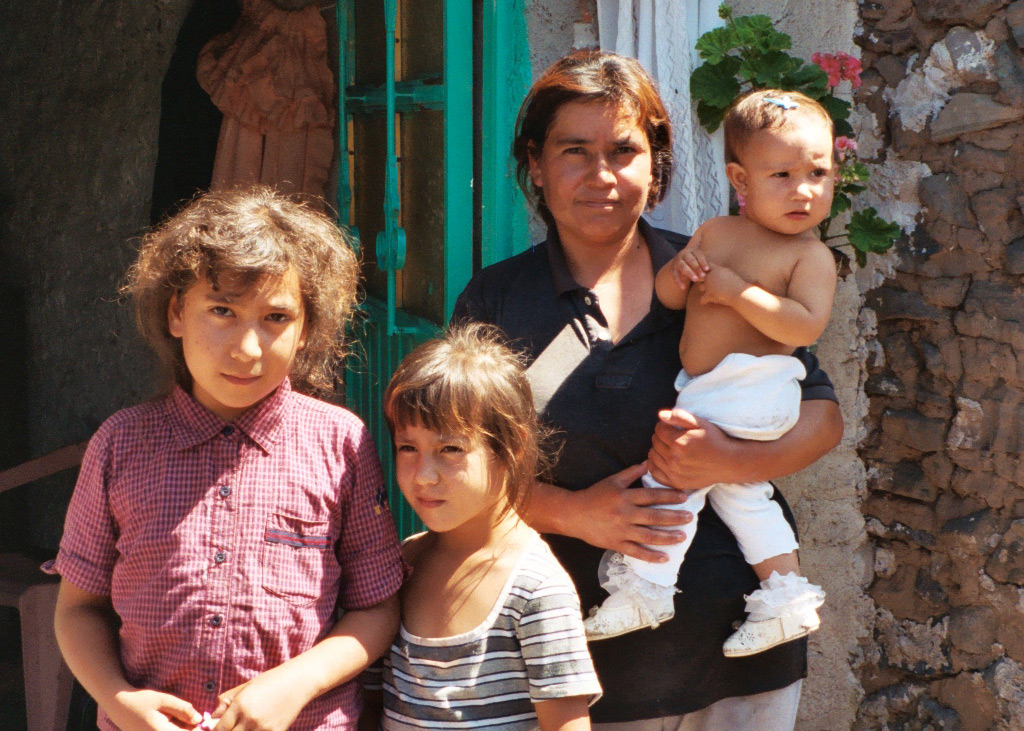
Remembering the Dream
For the Broetjes, 1983 was a year of remembering God’s call on their business — not only to grow apples, but to serve children in need. Over Christmas break, Ralph and Cheryl took their own children to the US-Mexico border, where they volunteered with a nonprofit serving vulnerable and displaced people living in garbage slums, orphanages, and brick-making colonias. Families told stories of violence, unemployment, and land degradation in their home communities. This experience provided much-needed insights into the realities of economic refugees and the role that business could play to be a positive force of change. It became clear that Ralph's original dream was a call to serve the families migrating to the farm to work.

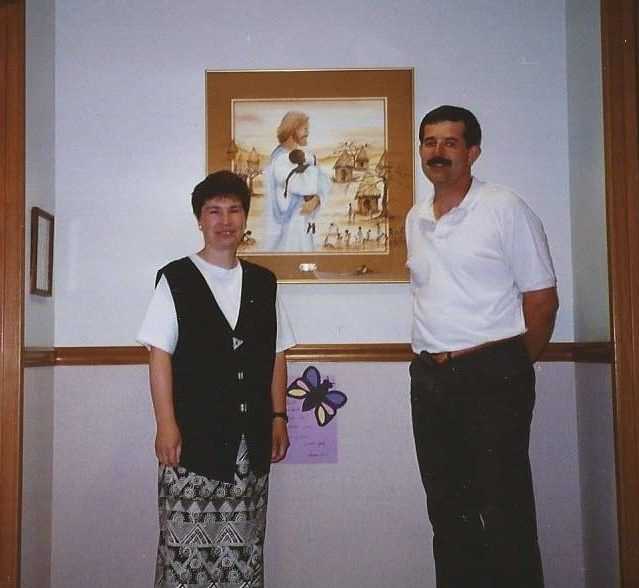
The Center for Sharing
In 1986 the Center for Sharing was formed around simple advocacy programs for women and children in Mexico. Later we began to see the need to move from charity to development in order to prepare people to lead themselves in the places they live and work.
A call was sounded for believers who would serve Christ among under-resourced groups, and grassroots initiatives were organized in the basement of Pioneer United Methodist Church. Once the Center outgrew the church basement, it moved to a building on Main Street. Space was set up for a range of individual service programs, and regular group meetings were instituted for small groups that emerged around each new program as it came into being.
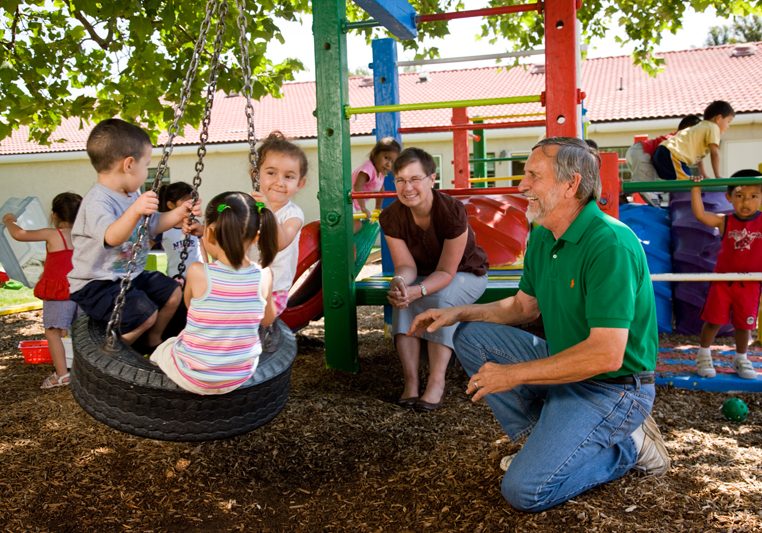
Vista Hermosa Community
As families came to Broetje Orchards in search of work, they were strangers in a new land and faced huge challenges — overcrowded housing; lack of extended family to provide safe childcare; and low high school graduation rates.
In 1987, the Broetjes built a packing line and shipping warehouse, making Broetje Orchards a vertically integrated company. The FirstFruits label was created with the mission to "go and bear fruit, fruit that will last" (Jn 15:16). The next year, New Horizon Preschool was opened to provide affordable, onsite childcare for parents so they may know their children were safe while they worked. And in 1990, about 100 single-family homes were built alongside a chapel and community center. The first residents named this community Vista Hermosa, meaning "Beautiful View." A place of peace, safety, and tranquility near the workplace.
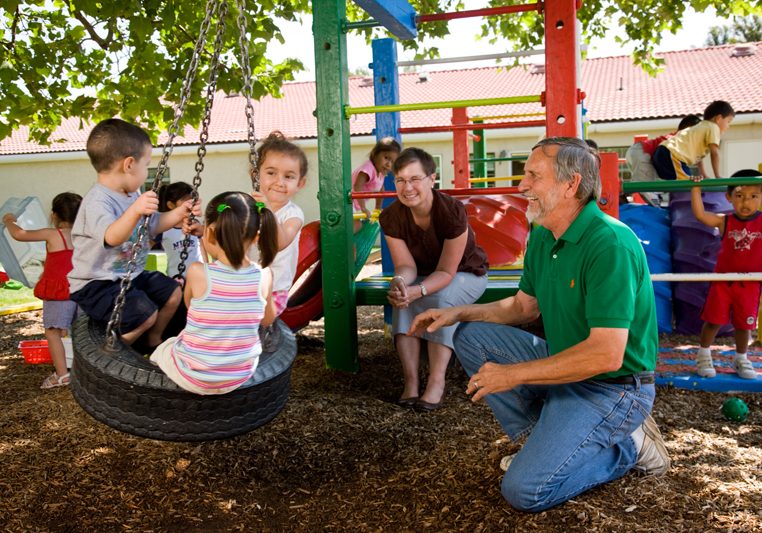
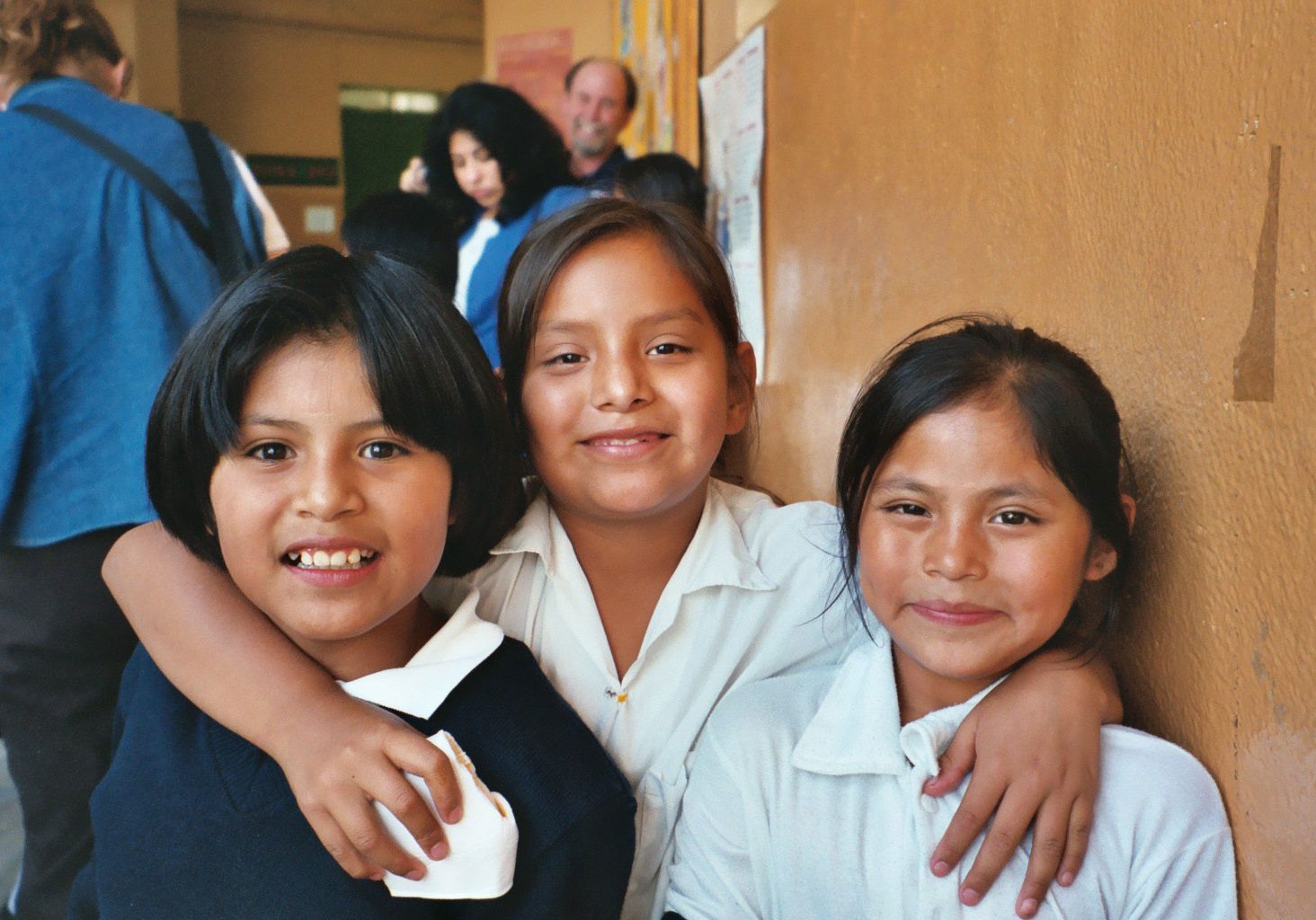
Giving of our First Fruits
In the early 1990s, Ralph considered removing a 50-acre block of unproductive cherry trees. He and Cheryl read the parable of the barren fig tree in Luke 13, and decided to give it one more year. They further committed any profits to a ministry serving disabled children in Oaxaca, Mexico. The children prayed, and the harvest was huge. As promised, all profits went to build a new residential facility. Year after year, those cherries continued to produce, and employees directed 100% of profits to initiatives of their choosing.
Vista Hermosa Foundation was also established in 1990 to receive additional profits from the apples. Embracing a place-based, community-led approach, we began investing in grant partners serving children and the underserved in communities around the world.
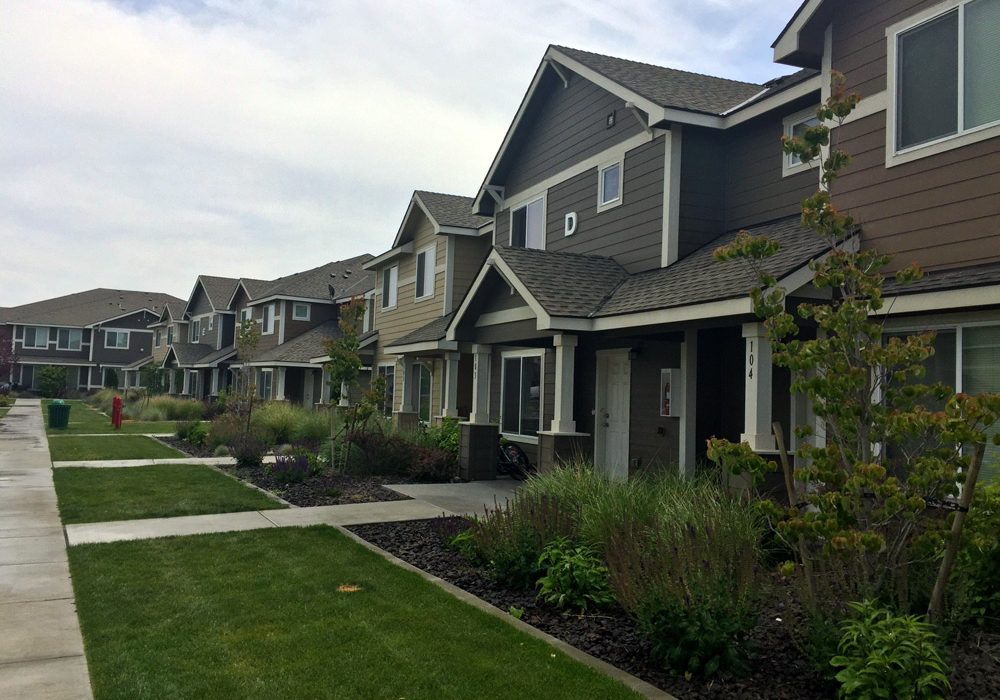
Jubilee Communities
In 1995, the Center for Sharing offered the first 9-month Servant Leadership course with 27 participants. Out of this, a new call was sounded to establish Jubilee Youth Ranch for struggling teens. This program served over 2,500 boys from across the country from 1995-2018. In its final years, as the program embraced trauma-informed care, it became clear that solutions for struggling youth and families would be more strongly nurtured within lived communities over a longer period of time.
In 2005, the Broetjes broke ground on a new community in East Pasco, Washington, and named it Tierra Vida – "Land and Life." Intentionally built on discarded land, the initiative embraced values of redemption, restoration and new life. Single-family homes and multi-family units were established alongside a Rec Center, Collegium Cafe, and a community garden, all of which serve as "third spaces" for neighbors to gather, build relationships, and learn to welcome and serve one another.
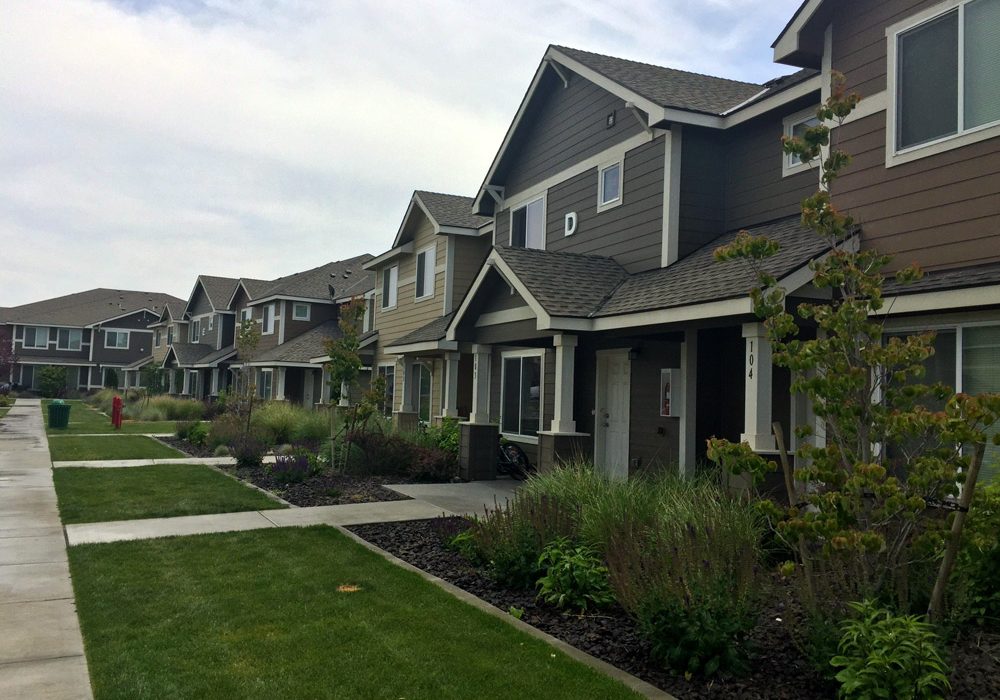
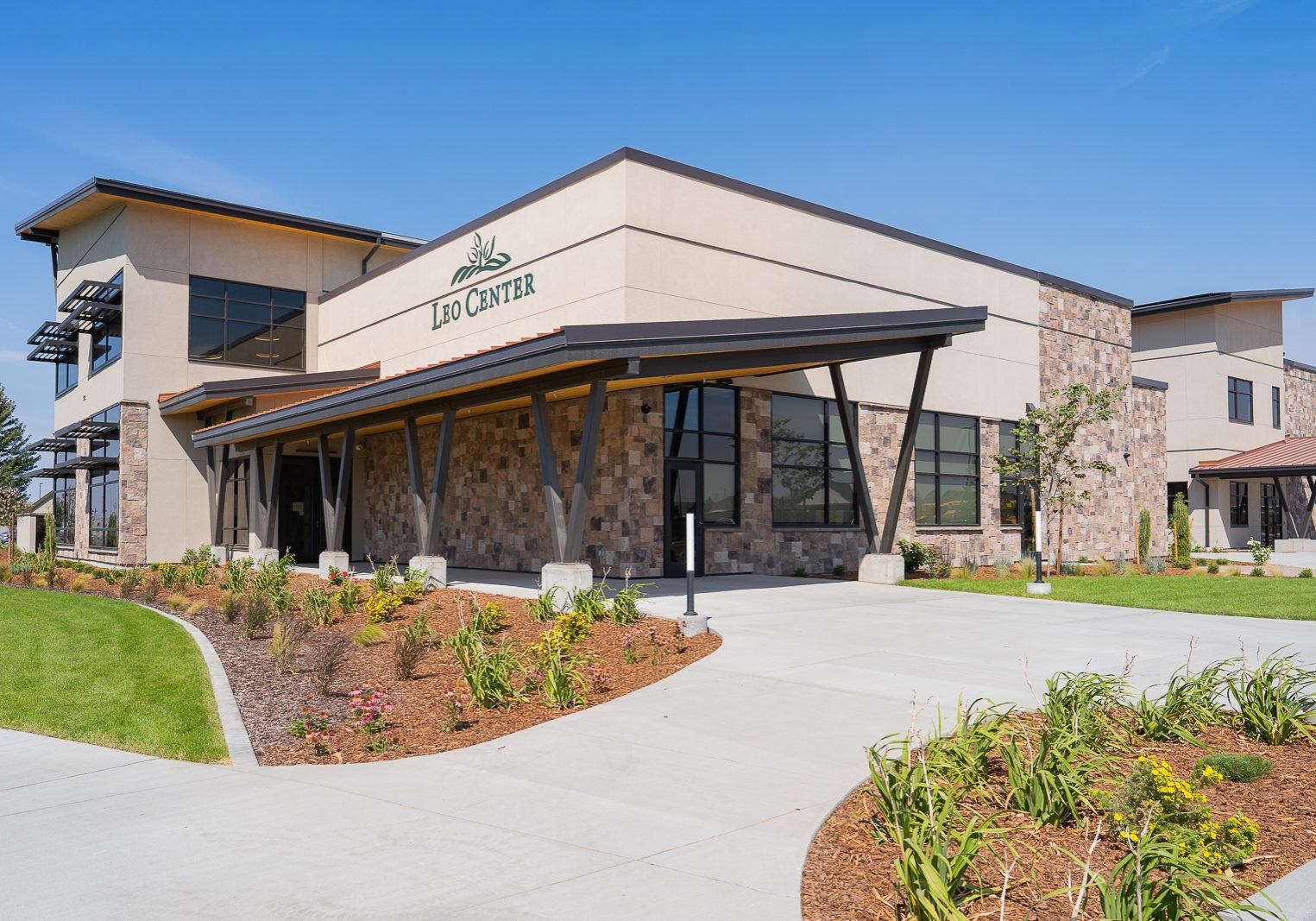
Broetje Family Trust
In 2018, the Broetje family made the decision to sell the farm and Vista Hermosa community to a new company. With this transition, we took the lessons learned from living as one community in that place as guiding principles for how to more heavily invest in multiplying this work around the world.
The Broetje Family Trust was established in 2019 to steward the legacy of Broetje Orchards and the mission to “go and bear fruit, fruit that will last.” All of our nonprofit initiatives were pulled together under this umbrella so that we may serve as one body with one vision.
In 2021, we completed a new building called "Leo Center" to host this work.
Why is our building named Leo Center? Who is Leo?
The idea of The Servant as Leader came out of reading Herman Hesse’s Journey to the East. In this story we see a band of men on a mythical journey, probably also Hesse’s own journey. The central figure of the story is Leo who accompanies the party as the servant who does their menial chores, but who also sustains them with his spirit and his song. He is a person of extraordinary presence. All goes well until Leo disappears. Then the group falls into disarray and the journey is abandoned. They cannot make it without the servant Leo. The narrator, one of the party, after some years of wandering finds Leo and is taken into the Order that had sponsored the journey. There he discovers that Leo, whom he had known first as servant, was in fact the titular head of the Order, its guiding spirit, a great and noble leader. (Robert Greenleaf 1970)






